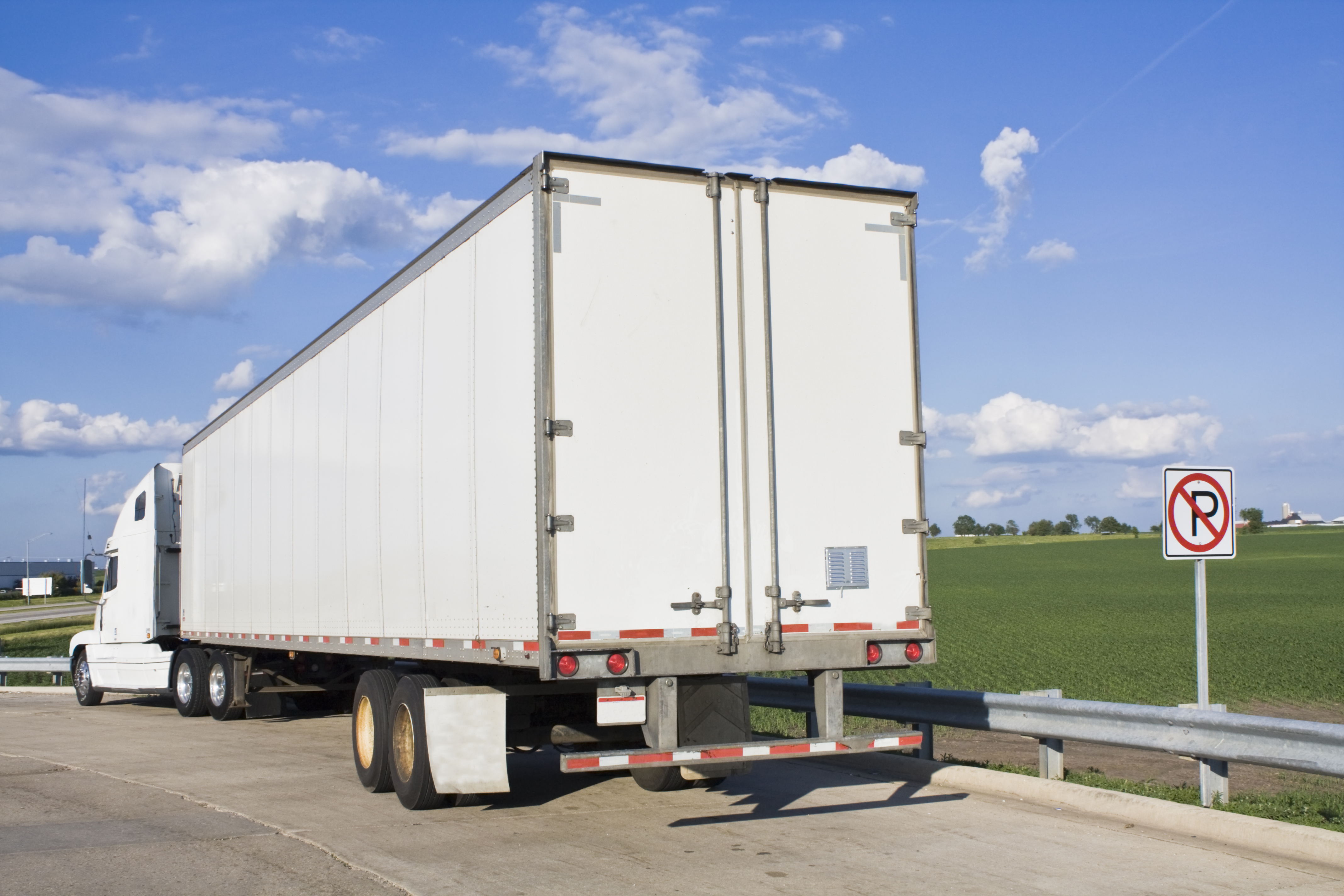
Ever driven down the highway and marveled at those massive vehicles hauling goods across the country? You know, the ones with the powerful engine in front and the long trailer attached to the back? But what exactly are these behemoths called? This article delves into the world of trucking and explores the various names for these impressive machines.
The most common name for this type of vehicle is a "tractor-trailer." The "tractor" refers to the powered unit at the front, and the "trailer" is the cargo-carrying section attached to the back. Think of it as a powerful horse (the tractor) pulling a cart (the trailer). This combination allows for the efficient transport of large quantities of goods over long distances.
However, the world of trucking has a colorful vocabulary, and you'll often hear other names used interchangeably with "tractor-trailer." These include "semi-truck," "18-wheeler" (referring to the typical number of wheels), "big rig," and even just "truck." Understanding these different terms can help you navigate conversations about the trucking industry.
The history of tractor-trailers dates back to the early 20th century, evolving from horse-drawn carriages to the powerful machines we see today. Early versions were rudimentary, but advancements in engine technology and trailer design led to the development of more efficient and reliable vehicles. This evolution has been crucial to the growth of global commerce, enabling the transportation of goods on a scale previously unimaginable.
The importance of tractor-trailers in our modern economy cannot be overstated. They are the backbone of the supply chain, moving everything from groceries and clothing to building materials and electronics. Without these vehicles, our shelves would be empty, and our industries would grind to a halt. However, the industry also faces challenges, including driver shortages, rising fuel costs, and increasing regulations.
One of the main benefits of using tractor-trailers is their large cargo capacity. Compared to other modes of land transport, they can carry significantly more goods, making them a cost-effective solution for businesses. For example, a single tractor-trailer can transport the equivalent of several smaller trucks, reducing overall transportation costs and fuel consumption.
Another advantage is their flexibility. Trailers can be easily detached and reattached, allowing for different types of cargo to be transported as needed. For instance, a refrigerated trailer can be used to transport perishable goods, while a flatbed trailer can be used for hauling construction materials.
A third benefit is their long-haul capability. Tractor-trailers are designed for long distances, making them ideal for transporting goods across states or even countries. This ability to cover vast distances efficiently is essential for national and international trade.
Advantages and Disadvantages of Tractor-Trailers
| Advantages | Disadvantages |
|---|---|
| Large cargo capacity | Difficult to maneuver in tight spaces |
| Flexibility in cargo types | Susceptible to strong winds |
| Long-haul capability | High fuel consumption |
Frequently Asked Questions:
1. What is the difference between a tractor and a trailer? The tractor is the powered unit, while the trailer is the cargo-carrying unit.
2. How many wheels does a typical tractor-trailer have? Usually 18.
3. What is the maximum weight a tractor-trailer can carry? This varies by jurisdiction, but it can be up to 80,000 pounds in some places.
4. How long does it take to become a truck driver? It depends on the licensing requirements and training programs, but it can take several weeks or months.
5. What are some common challenges faced by truck drivers? Long hours, time away from home, and traffic congestion are common challenges.
6. What is the role of tractor-trailers in the supply chain? They are essential for transporting goods from manufacturers to distributors and retailers.
7. How has technology impacted the trucking industry? GPS tracking, electronic logging devices, and other technologies have improved efficiency and safety.
8. What are some environmental concerns related to tractor-trailers? Emissions from diesel engines are a major concern, but advancements in engine technology and alternative fuels are being developed.
In conclusion, understanding what a tractor-trailer is called and its importance in our economy is crucial. These vehicles, also known as semi-trucks, 18-wheelers, or big rigs, are the lifeblood of our supply chain, transporting goods across vast distances and keeping our shelves stocked. While the industry faces challenges, the benefits of using tractor-trailers for efficient and large-scale transport are undeniable. As technology continues to evolve, we can expect further advancements in the trucking industry, leading to even greater efficiency and sustainability. Consider exploring resources like trucking associations or transportation websites to learn more about this fascinating and vital industry. This knowledge empowers us to appreciate the complex logistics that keep our world moving.
Wheel studs lug nuts the unsung heroes of your wheels
Mastering golf cart wheel lug nut torque your guide to safe and smooth rides
Unlocking the power of giant axes in fantasy art












